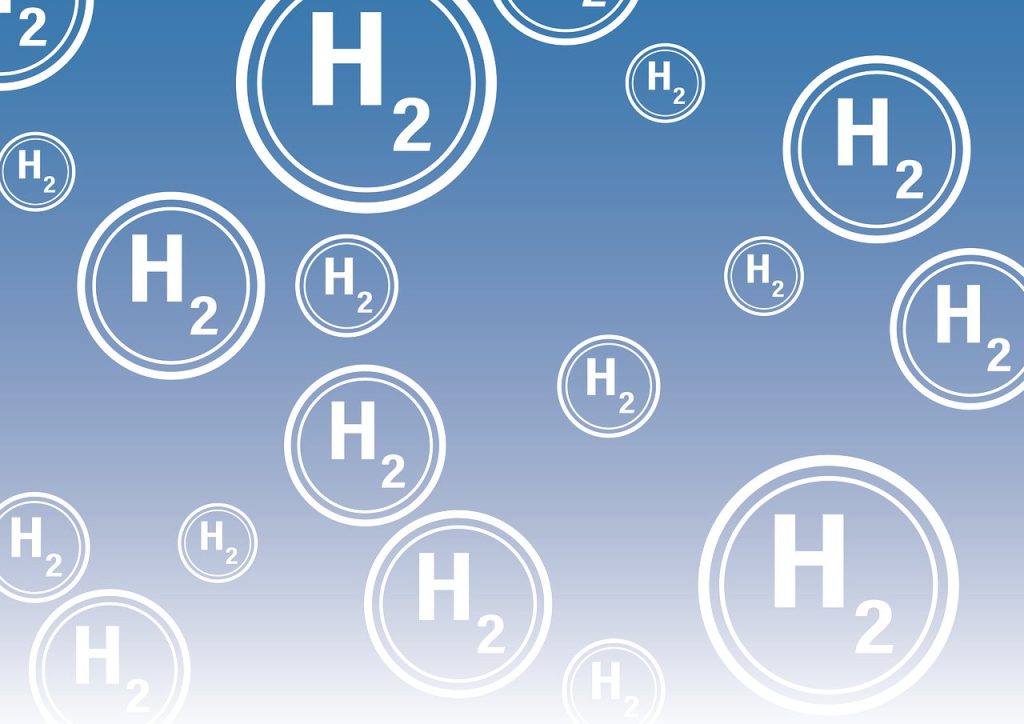The latest Q2 2024 European Hydrogen Market Report (HyMaR) by Aurora Energy Research reveals a substantial surge in the global pipeline for hydrogen electrolyser projects, marking a surge of over 55GW in the past six months.
The global electrolyser database now stands at a staggering 1.2TW, representing a notable 4% increase in the last half-year, demanding a substantial 5.5PWh of electricity. Despite this growth, the majority of projects (90%) are still in early phases, according to Aurora.
Existing operational capacity is nearing 2GW (1923MW), showcasing a growth of 1133MW, with an additional 130–140GW of more advanced projects in the pipeline, highlighting their significant scale.
Europe leads in project development, commanding 32% of the capacity share, closely followed by Oceania at 21% across various operational or development stages.
Approximately 15GW of projects involving final investment decisions (FIDs) have been recorded, constituting about 12% of the global operational or under-construction capacity. Germany leads in electrolyser project development in Europe, with about 9GW in advanced stages, owing to its large market size and advanced policy framework.
While Europe remains a key hotspot, Aurora notes a global momentum in electrolyser projects, projecting a significant role for them in European hydrogen production. By 2030, electrolysers are expected to comprise over 50% of the total capacity mix, growing to 80% by 2040.
However, concerns linger regarding meeting targets set by the EC’s Net Zero Industry Act and REpowerEU, with installed electrolyser capacity expected to reach 35GW by 2030, falling short by 76%. High CAPEX for electrolysers, rising cost of capital, and uncertainty in offtake agreements are cited as factors delaying project investment decisions.
In terms of hydrogen production costs, considerable variation exists across European countries, ranging from 4–20 €/kg. The Nordics and Spain stand out for offering the most cost-effective hydrogen, with Spain’s baseload production offsetting intermittent cost increases by 2–3 times.
Dilara Caglayan, research lead at Aurora Energy Research, emphasized the need for clearer policy frameworks and support schemes, stating, “The positive impact of clearer policy frameworks and support schemes is evident in electrolyser projects globally, with new projects as well as some of the existing ones reaching a Final Investment Decision (FID). However, further cooperation still remains a prerequisite for the realization of national targets and the successful rollout of a future hydrogen market.”

